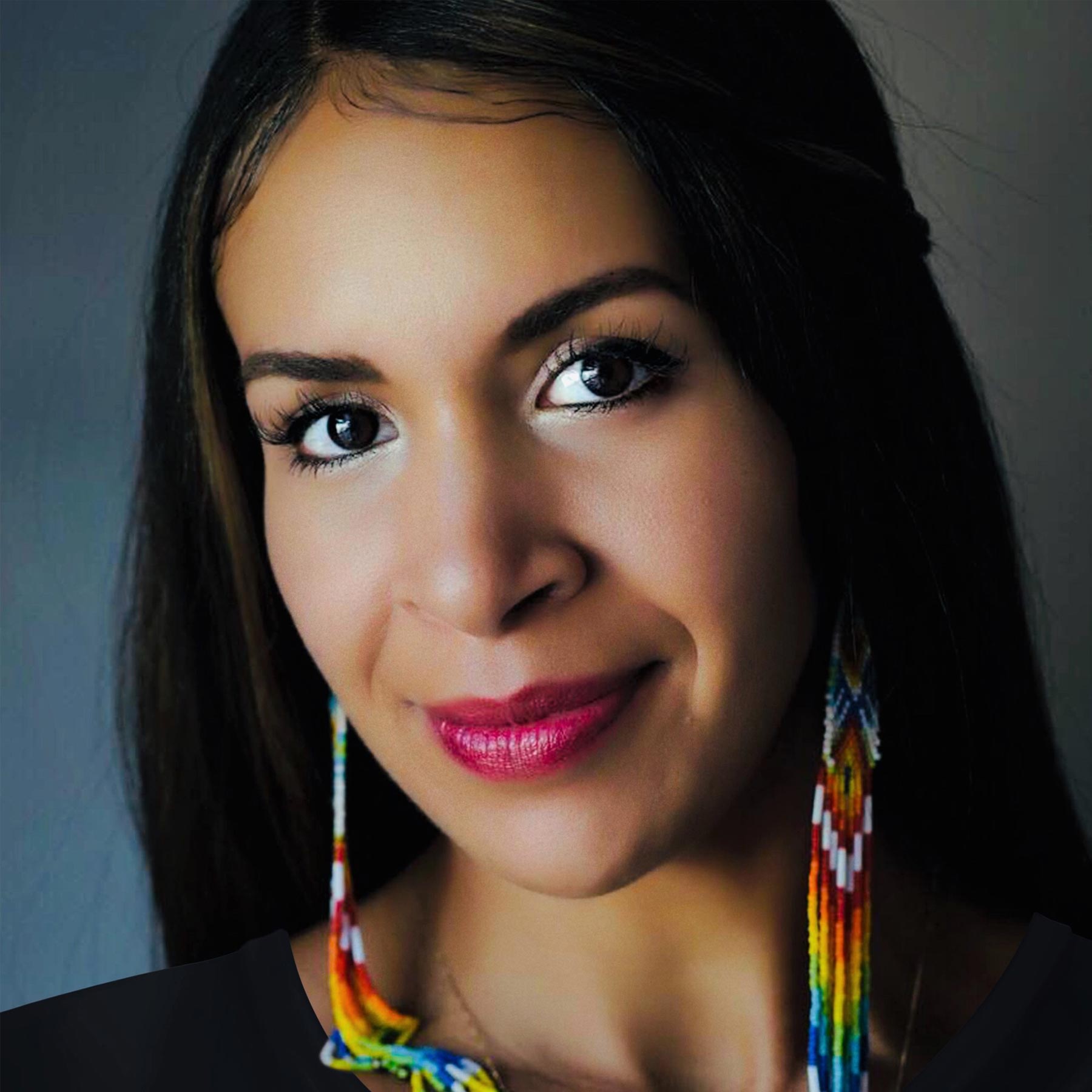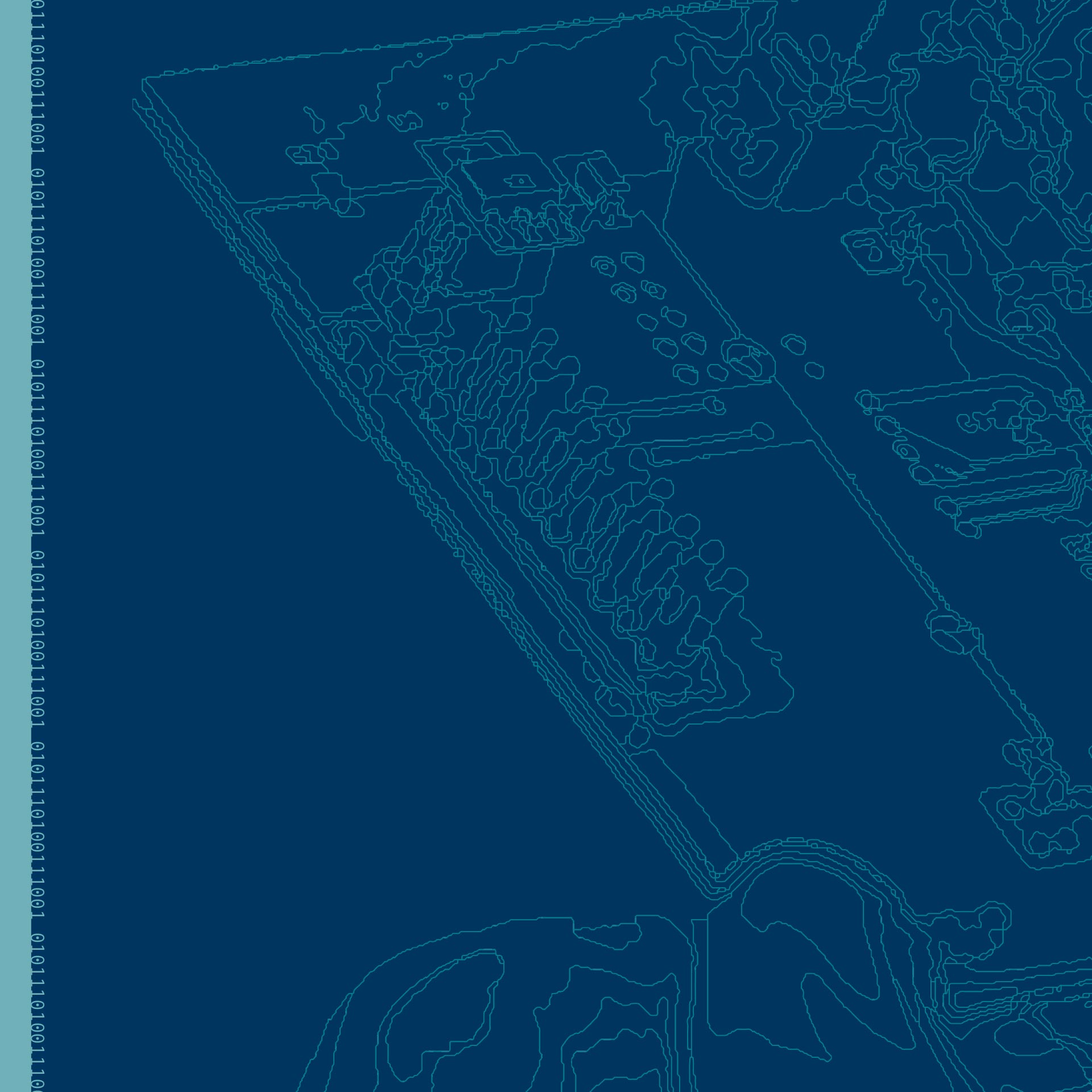Across the nation and around the world, a movement to recenter and reassess the Black experience has begun to transform academic programs. “Many students in my language and literature courses are surprised to learn that roughly 95% of enslaved Africans were forcefully relocated to Latin America and the Caribbean during the transatlantic slave trade,” says Kiley Acosta, a lecturer in Spanish and Portuguese at UC Santa Barbara. “In California, my students who identify as Black Americans seem especially interested in researching Black studies beyond U.S. borders, and when Blackness is reframed as inextricable to Latinidad, those with Latin American family connections, let’s say in Panama or Cuba or Brazil, become enthusiastic about self-identifying as Black and Latinx, or as AfroLatinx/e.”
Rethinking the Black Experience
Inclusion transforms Afro, Latin academic programs

Kiley Acosta
That new way of looking at individual and shared experiences in the Americas and other regions — coupled with efforts to encourage and support Black enrollment in graduate studies at all University of California campuses — anchors several innovative institutes and programs at UCSB. The Global Latinidades Project (GLP), for instance, was founded in 2017 by Ben Valdez Olguín, Ph.D., with funds from his appointment as the Robert and Liisa Erickson Presidential Chair in English. Olguín assembled a group of researchers, educators, students and community members to develop academic and community-based initiatives to globalize Latinx studies, which includes recentering African lineages. He developed a massive campaign that garnered over $2.3 million in grants to fund the nascent center’s activities.
The AfroLatinidades Institute is a central component of the GLP. In 2022, it launched its Advanced Mentoring and Summer Research Program for undergraduates, a partnership between UCSB and three historically Black colleges and universities (HBCUs): Morehouse College, Spelman College and Texas Southern University. The institute’s team worked with HBCU faculty to select six students (two from each participating HBCU).
The program began in January with monthly remote discussion groups, followed by a six-week summer session at the UC Santa Barbara campus that in 2022 includes two courses: AfroLatinx Literature and Art with Acosta; and AfroLatinx Cultural and Political Theory with Olguín. Other activities include a creative writing workshop, GRE preparation sessions, UC graduate program application mentorship, weekly meetings with faculty members in academic and social settings, and field trips to various UC campuses to meet students and faculty.
“The program is funded for three summers,” says Acosta, “but we hope to extend this initiative for years to come through more partnerships and expanding research clusters.”

